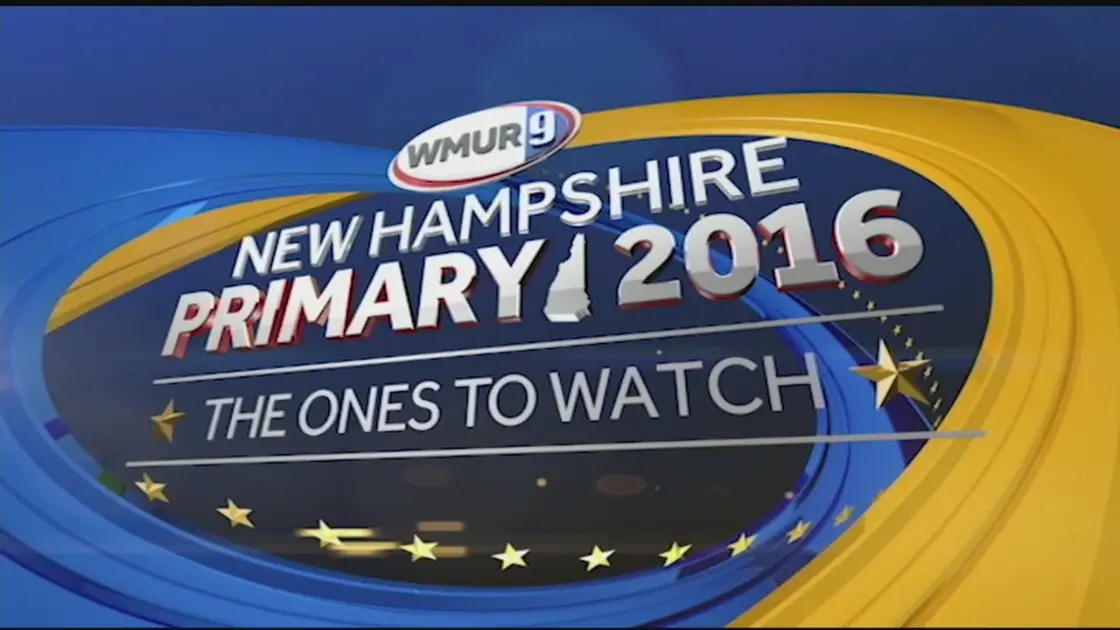The New Hampshire Primary, also known as the first-in-the-nation primary, will be held on Tuesday, February 9, 2016. This will be the first actual primary vote taking place after the Iowa Caucuses, which are not technically the same as a primary. Unlike Iowa, where the caucus chooses delegates to the county convention, which then choose delegates to a state convention, and then the national convention, the New Hampshire primary chooses the delegates who will serve at the national party conventions which will select the nominee. One of the main differences between a caucus and a primary is that a caucus is organized by the political parties, whereas a primary is organized usually by the state board of elections as a regular election would be.
Date: Tuesday, February 9
Results: New Hampshire Primary Results
Most polling locations in New Hampshire will be open from 7:00 am – 7:00 pm ET but some polling locations are open until 8pm ET.
Primary Type: Mixed – Registered voters must vote in their party’s primary but independents can choose to vote in either primary.
Find Your Polling Place: New Hampshire Ballot Search
Latest Polls: Democrats, Republicans
State Authority: New Hampshire Secretary of State – Elections Division
Political Parties: Republican Party of New Hampshire, New Hampshire Democratic Party
Historical Winners: (by year)
2012: Mitt Romney (R)
2008: Hillary Clinton (D), John McCain (R)
2004: John Kerry (D)
2000: Al Gore (D), John McCain (R)
1996: Pat Buchanan (R)
What is the New Hampshire Primary?
The New Hampshire primary is the first primary election held in the United States following the Iowa Caucuses in choosing the Democratic and Republican nominees for the presidency. It takes place in the state of New Hampshire and is designed to give an early voice to the New England region much like the Iowa Caucus gives an early voice to the Midwest.
New Hampshire often differs from Iowa ideologically which often gives an advantage to candidates who may not play well in the Midwest. Since 1952, the primary has been a major testing ground for candidates for both the Republican and Democratic nominations. Candidates who do poorly frequently drop out, while lesser-known, underfunded candidates who do well in New Hampshire suddenly become serious contenders, garnering large amounts of media attention and campaign funding.
